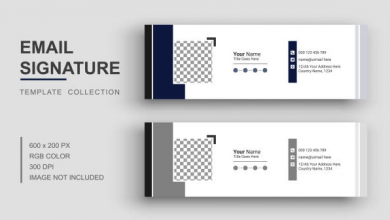
There are currently over 280,000 graphic designers, either as a full-time career or side hustle here in the United States. This makes it a highly competitive field to break into, so you need to know as much information as possible to make yourself stand out. One of the best ways to stand out is to understand and be able to work with multiple different file types.
Types Of Image Files
Here is your image file type guide to make yourself rise above the competition.
JPEG
Joint Photographic Experts Group, more commonly known as JPEG, is the most common type of file graphic designers works with. These files are great to work with because they can get compressed into smaller image file sizes to help load onto websites.
JPEGs are great for online photos, print photos, and just about everything. The only exception to this rule would be images you’re looking to make into transparent and layered images. Layered images end up turning into one layer and you might lose the original photo.
PNG
In the event that you need to make a transparent or have multiple layers, you’ll want to use PNG instead. You can easily convert JPEGs into PNGs as well, and vice versa.
PNG stands for Portable Network Graphics and is perfect for making a transparent. You’ll need to bring it into a program such as Photoshop or Illustrator to make that transparent. Once, you’re done working with the PNG, you can always convert it back to a JPEG.
You can learn how to convert png to jpg with Adobe.
HEIC
HEIC files are images taken by iPhones or iPad. It stands for High-Efficiency Image File format. These images are meant to be worked on using Apple’s operating systems, so you’ll need an iPhone, iPad, or Mac to handle editing these files.
In the event that you don’t have access to any of these, you can always convert a client’s images into JPEG or PNG using a HEIC converter. The Apple line of products can all handle these image file types, so there’s no need to convert them back afterward.
WebP
WebP is a newer file type and is used on websites more than anything else. Of the image files listed, these images tend to load the fastest and perform the best over the web. Typically, during image file conversion, you can lower the image size without losing quality by as much as 34%.
Use This Image File Type Guide To Make Yourself Stand Out
Now that you’ve gone through this image file type guide, you can use these keywords to help stand out on your resume. Remember that certain files work best for certain situations. So there’s going to be a time when you need to convert these images back and forth for the best results.
Want to learn more about photo editing? Check out the rest of the blog to see tutorials and information to get you started. Share this article with someone you know that’s interested in getting into photo editing.






